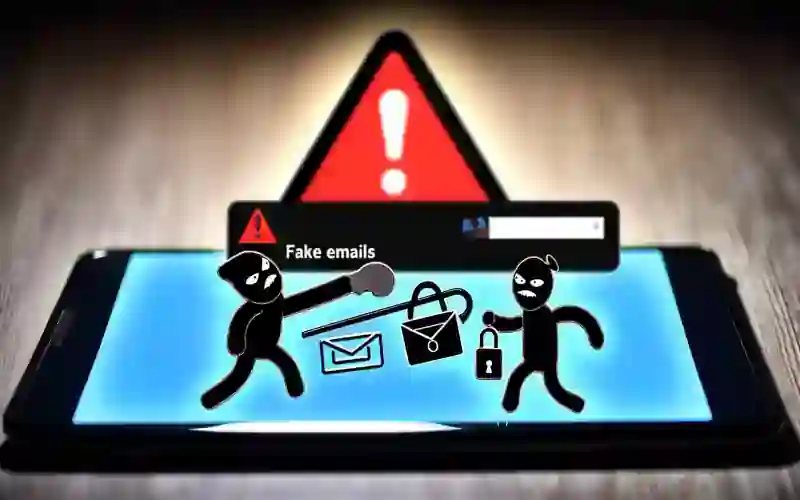
“Stay Alert, Play Safe: Don’t Let Phishers Play You!”
**Understanding and Combating Phishing Scams in the Gaming Industry: A Deep Dive into Nintendo’s Recent Cybersecurity Alert**
In the ever-evolving landscape of digital entertainment, the gaming industry has become a fertile ground for cybercriminals, with Nintendo’s recent warning to its users highlighting a concerning trend. The beloved gaming giant, known for its family-friendly games and innovative gaming consoles, has found itself in the crosshairs of sophisticated phishing campaigns. These scams cleverly impersonate official Nintendo communications, threatening the security of countless users.
The method employed by these scammers is alarmingly deceptive; they send emails that mimic Nintendo’s official email addresses to an uncanny degree. For instance, they use uppercase “I” letters instead of lowercase “l” letters, making these fraudulent addresses look almost identical to the real ones. This tactic shows a meticulous level of detail and an alarming sophistication in the approach taken by today’s cybercriminals.
Nintendo has been quick to respond, clarifying that it would never ask for sensitive information through email links. The company is not just passively advising caution but is actively engaging with law enforcement and cybersecurity agencies to tackle this issue head-on. They urge users to be vigilant and report any suspicious activity directly to them, reinforcing the importance of community vigilance in combating these threats.
This recent phishing campaign is not an isolated incident but part of a broader trend targeting gamers. Scammers are setting up fake Nintendo websites offering products like the Switch console at heavily discounted prices. Unsuspecting customers lured by these too-good-to-be-true offers risk not only financial loss but also identity theft. It’s a stark reminder that in the digital age, criminals are constantly finding new ways to exploit consumer trust and technological loopholes.
For those who fear they might have fallen prey to such scams, Nintendo advises a series of immediate actions: change your account passwords, unlink any payment methods, and report the incident to local authorities. These steps are crucial in preventing further damage and safeguarding personal information.
Moreover, Nintendo recommends several proactive measures to enhance security. Users should avoid clicking on links in unexpected emails—a common entry point for phishing attacks. Verifying the authenticity of any communication through official Nintendo channels can also prevent many of these issues. Additionally, enabling two-factor authentication adds an extra layer of security, making it harder for unauthorized users to gain access to accounts.
The rise of phishing scams in the gaming industry is a worrying development, reflecting broader trends in cybercrime. As our digital lives become more connected and we increasingly rely on online services, the opportunities for cybercriminals continue to grow. The situation with Nintendo serves as a critical reminder of the need for constant vigilance and proactive cybersecurity measures.
While the digital age offers unprecedented opportunities for entertainment and connection, it also comes with new risks. Companies like Nintendo are at the forefront of fighting back against these threats, but they cannot do it alone. It is up to each user to stay informed, cautious, and proactive in protecting their digital presence against these sophisticated cyber threats.














